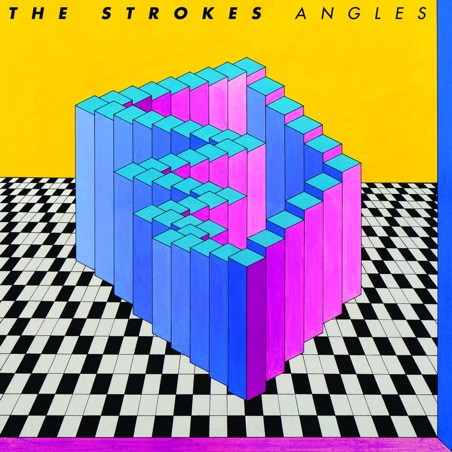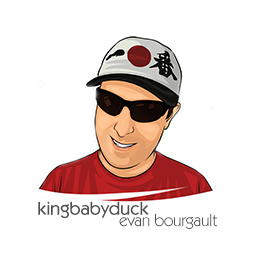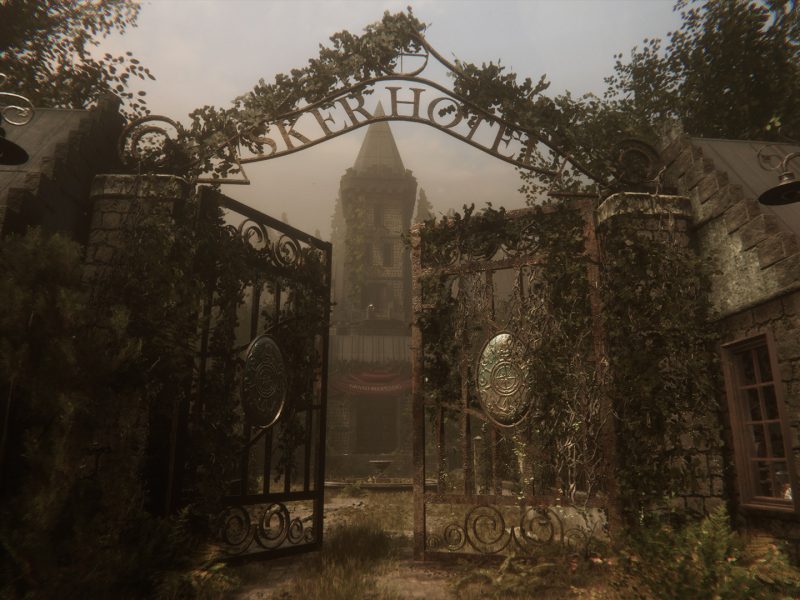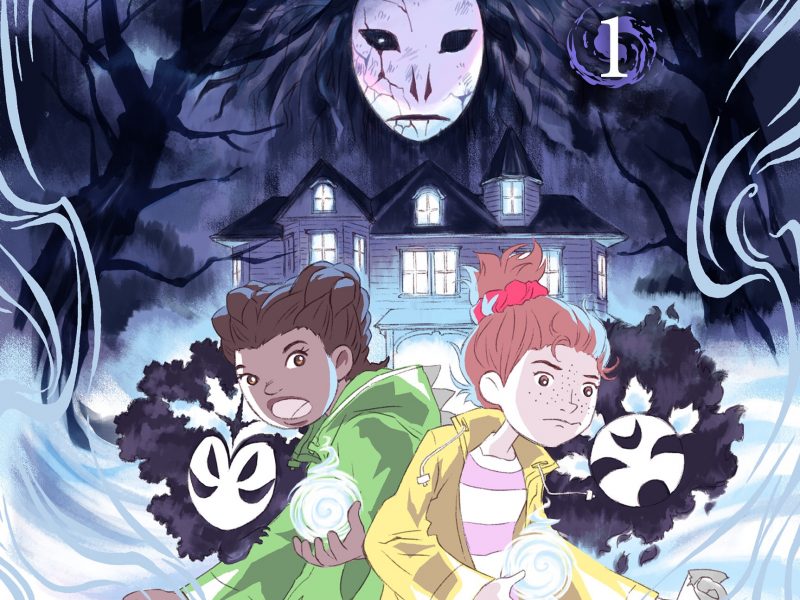New Strokes Album "Angles" More Acute Than Right
Five years after the release of First Impressions of Earth the Strokes have returned. With two solo albums from Albert Hammond, Jr. and one from Julian Casablancas the band had finally found some time to get together and make another record. As soon as the new album entitled Angles ended -- with ten songs and a total running time of 34 minutes -- I could only utter one question: Was that it?
Having the rest of the Strokes record separate from Casablancas was a regrettable mistake, as already noted by guitarist Nick Valensi, and it shows in the final cut of Angles. Casablancas sounds distant, even lonely at times, when he's separated with his bandmates. While his tone in voice has never changed, his expressive behavior seems more closeted than in full bloom. It's as if he's unsure of himself without his friends in the same room with him, an odd feeling considering he seemed to do all right by himself on his solo album Phrazes For The Young. The same can be said about the other Strokes members, who sound like they're having issue trying to come up with their trademark sound.
One also can't help but notice the 80s atmosphere that encompasses the album, especially in "Two Kinds of Happiness," "Games" and the opener "Machu Picchu." A few other artists have played with this sensation, most notably Brian Karscig and his band The Nervous Wreckords on the album Valuminium (reviewed in issue two of the ESH magazine). The odd difference between the Strokes's take and The Nervous Wreckords's is that Karscig got the sound and its mood down pat, whereas the Strokes sounds like they're trying too hard. There are moments in "Two Kinds of Happiness" that shine, but for the most part these select songs don't mix well with the album as a whole.
That's not to say Angles is bad, as it has some great tracks to back up their return. Its single "Under Cover of Darkness" is the Strokes at their best, with Casablancas crooning the way he does and the rest of the band playing in an enthusiastic manner. The lyrics of "So long, my friend...but I'll wait for you" seem to hint on the inner feelings of the Stokes themselves, as the hiatus left them needing to get back together to make the magic they know they can. "Call Me Back" shows off the band's somewhat romantic side, with the lyrics dealing with a couple who have no idea how much the other lover feels for them. It's a different direction for the band, but it has a nice sort of 1960s Paris vibe to it. "Metabolism" seems keen on showing how Casablancas and the rest of the band want to try everything they can to be different in a musical world that's filled with Strokes clones and knockoffs, with the inevitable realization that they can't deny the truth that's in front of them.
Angles is an odd album to figure out, and unfortunately it left me shortchanged. It's not the shortest album they've released, as Room On Fire has that distinction. What separates the two albums is its overall feel, and the fact that Room On Fire feels more complete than Angles is something I'm still trying to comprehend. It also doesn't help that Angles sounds more like half an album than a full one, leaving listeners with a glass half-empty deal. As soon as "Life Is Simple In The Moonlight" faded out a rare instance happened: The Strokes left their audience wanting more, and they shouldn't have.
** ½ (out of five)






